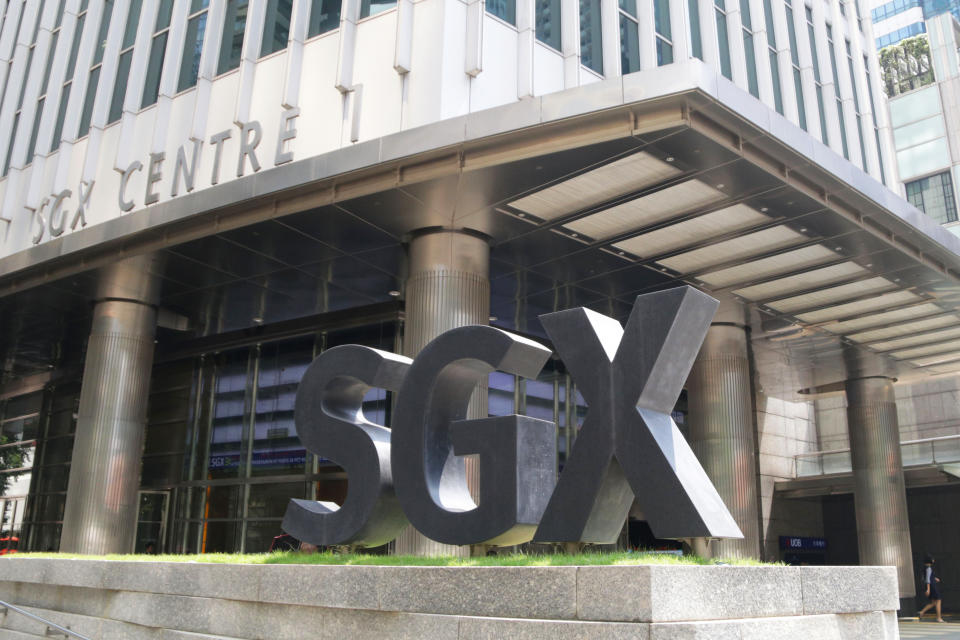Singapore Exchange considers stricter SPAC listing rules than US

By Ishika Mookerjee
(Bloomberg) — Singapore’s stock exchange is proposing a stricter rulebook for listing blank-cheque companies than the US, as it prepares to compete in one of the hottest capital market trends in the past year.
Singapore Exchange Ltd.’s regulatory arm is proposing a minimum S$300 million (US$225 million) market capitalisation for listing special purpose acquisition companies, it said in a market consultation paper released Wednesday. The US has no such floor. The Southeast Asian trading venue is also proposing stricter criteria for warrants and share redemption.
SGX joins a slew of exchanges that are looking to host these structures, where essentially a shell company lists with the aim to acquire an operating business. About US$100 billion has been raised through SPACs globally this year alone, mostly in the U.S., but concerns have mounted about issues like protections for smaller investors. American regulators have reportedly opened a probe into SPAC practices there, and Starwood Capital LLC CEO Barry Sternlicht recently said the SPAC market is “out of control.”
Despite the potential perils, Singapore is hoping to grab a slice of the pie as it tries to shore up its stock market amid a sluggish initial public offering market, racing with rival Asian hub Hong Kong to green-light them even as it looks to protect smaller investors.
The most successful SPACs were those that managed the risks of “free-riding by investors and excessive dilution of long-term investors, and second, the rush to do a business combination also known as a de-SPAC,” Tan Boon Gin, chief executive officer of SGX RegCo, said at a briefing.
READ: Singapore Exchange Hopes to List SPACs as Early as This Year
De-risking
To limit risks, SGX is proposing that only those investors who vote against a business combination be allowed to redeem shares, unlike in the U.S. where investors can vote for an acquisition and then cash out without contributing to the deal.
To avoid dilution, the bourse is also asking to make warrants undetachable from shares — so they are extinguished together when a share is redeemed — or imposing a cap on their dilutive effect. In addition, it wants only independent shareholders rather than sponsors to vote for a merger, with sponsors holding some minimum equity at IPO. The exchange is allowing companies up to three years to acquire a target.
Some market observers say the stricter rules could hurt Singapore’s efforts to lure SPACs however.
“The market expects and has priced in U.S.-style SPAC terms,” said Stefanie Yuen Thio, joint managing partner at legal firm TSMP Law Corp. “We need to be a ‘price taker’ on this or risk missing the boat entirely.”
Furthermore, a minimum market value of S$300 million implies a valuation of the target company of over $1 billion, she said, which is relatively hard to find among Southeast Asian companies.
This isn’t the exchange’s first market consultation on SPACs. It released a paper on the topic in 2010, but Tan said the market feedback at the time was that “conditions weren’t ripe.”
Depending on market feedback on the consultation, which is open until April 28, the exchange aims to have the framework in place by midyear, Tan said. SGX is hoping the new avenue to listings will help boost its heft in sectors like technology.
The exchange could attract traditional businesses in the hospitality, lifestyle and medical sectors that are well understood in Asia, have several listed peers and are linked to Asian consumption through SPACs, according to Vineet Mishra, J.P. Morgan’s co-head of Asean investment banking.
© 2021 Bloomberg L.P.

 Yahoo Finance
Yahoo Finance 